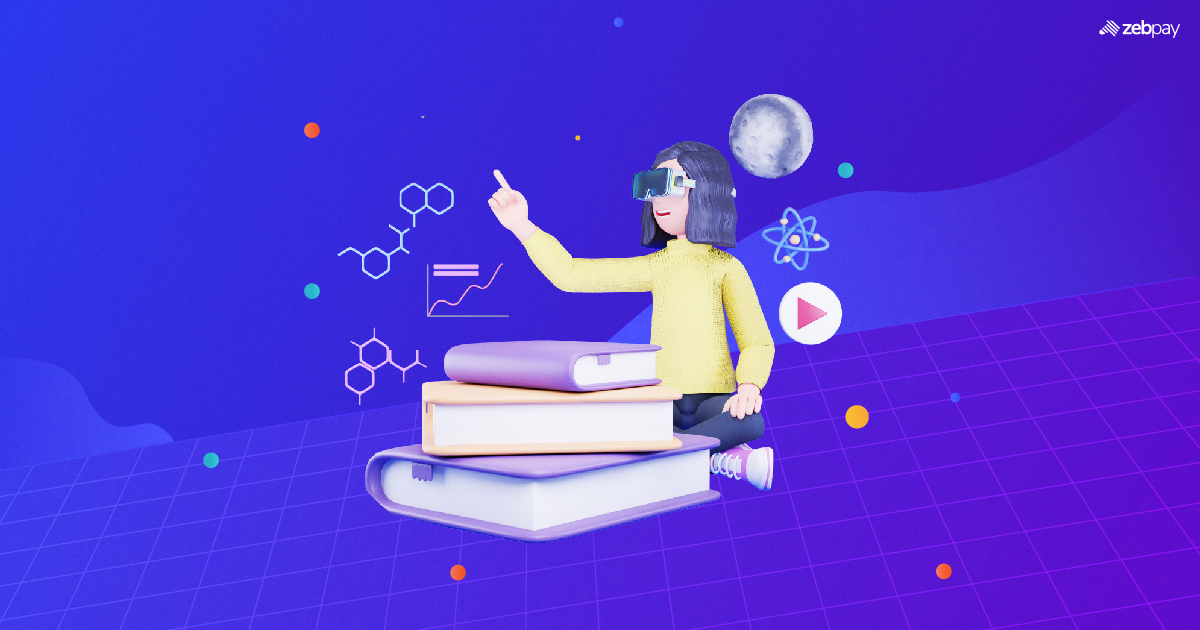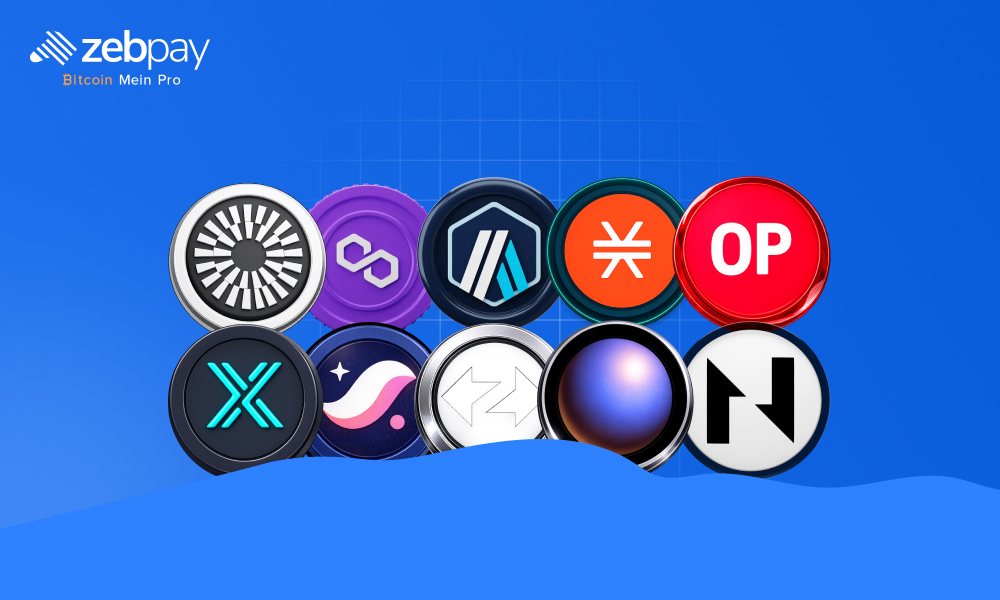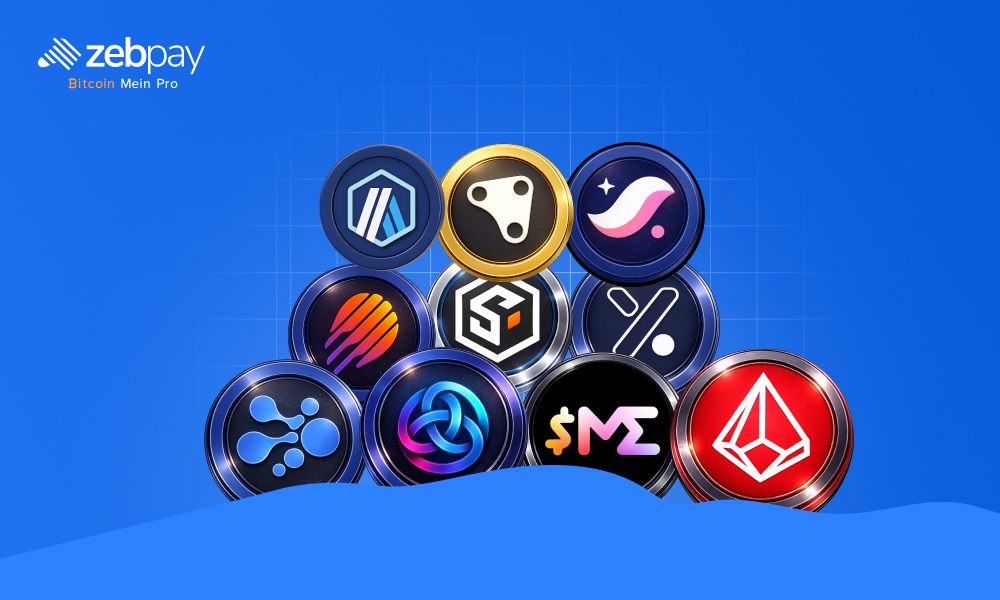The Metaverse is a digital shared space that blends virtual and physical realities. It can be accessed through AR/VR devices such as the HTC Vive, Meta Quest, and other similar products. The main difference between the metaverse and the physical world is that there are no physical limits; we can live underground or fly to work in the Metaverse!
The metaverse in the education sector can have many applications, such as allowing students to attend virtual classes remotely. Education institutes and technology companies are trying to develop new ways to make the learning experience more immersive and engaging through the Metaverse.
Understanding the Metaverse
Metaverse is a virtual 3D world that can be accessed through an app, browser, or AR/VR headsets. It enables its users to have real-time experiences across long distances. It has garnered attention from investors due to its endless potential use cases. It is an ecosystem where the digital and physical worlds can coexist to impact core areas of our daily lives. Some of the vital concepts of the Metaverse include enhanced user experience, creator economy, decentralisation, and spatial computing. Users can engage in real-world activities in the metaverse, such as working, playing sports, or traveling.
Read more: Future of the Metaverse
Immersive Learning Environments
Experiential learning is a form of education that integrates direct sensory experiences into learning modules. This type of learning can be used to develop spatial awareness or teach new skills, such as learning to play musical instruments. E-learning supports education from anywhere, but the benefits of a physical classroom cannot be replaced by remote e-Learning rooms. The metaverse can bridge this gap between physical and virtual classrooms. Students can attend virtual classes in the Metaverse with sensory equipment which can create a near physical experience. They can create their digital avatar and attend classes with others in immersive virtual 3D environments.
Personalized and Adaptive Learning
Personalized learning is a student-centered approach that provides customized and adaptive learning opportunities for individuals from any background. Artificial Intelligence, or AI, can facilitate personalized learning by collecting data from students’ behaviors, communications, and feedback in virtual classes. It can analyze this data to adjust the learning content’s difficulty and pace. It can also use features like natural language processing and speech recognition to understand students’ motivation, emotions, and goals and provide personalized support and guidance.
The Metaverse can enhance focused learning through gamification and rewards. Awarding learners digital badges and other types of rewards can keep students motivated and encourage them to complete their assignments. A competitive spirit can keep students on their toes and active during a learning module.
Read more: What Is GameFi
Global Access to Education

There are unlimited possibilities in education without time or geographical limitations. Education institutes in deprived areas usually get support and collaborate with bigger institutes. A reputed teacher could teach in a disadvantaged school many hundred miles away through the Metaverse. Another use case for the metaverse in education could be for schools that have a shortage of teachers in particular subjects and can recruit teachers from any location. Students can learn from professionals that they do not have access to locally. A tutor can take a teaching session with a student from a different city without leaving their homes.
Interactive Educational Content
The future of education is digital, and the internet has enabled teachers to create innovative learning and teaching solutions. Teachers can reach millions of students and use innovative tools to provide quality education to students from different countries. The Metaverse can make the learning experience more interactive with immersive educational videos, virtual laboratories, and historical and geographical reconstructions.
Inclusive and Accessible Learning
The Metaverse also addresses learning disabilities and special educational needs by providing features like adjustable text size, customizable avatars, 3D audio, and customized simulations. Educational institutes and platforms must invest in motion sickness prevention, adaptive input devices, and text alternatives for visual content to provide better education to students with special needs.
The Metaverse makes education more inclusive through translation tools, multilingual educational content, and individualized learning paths. If deployed effectively, metaverse tools can offer inclusive and accessible education to underserved students. It can provide customizable learning environments based on students’ needs and abilities.
Assessment and Feedback Mechanisms
The Metaverse also provides new methods of assessment and feedback mechanisms. Feedback can be provided in real-time through customized learning paths and virtual mentors in the Metaverse. It also enables personalized assessments that can be designed to suit each student’s individual needs. For example, students who face difficulties in reading can be provided with a virtual environment designed to improve their reading skills. Gamification is being used in education to engage and assess students. Teachers can create game-based assessments in the Metaverse to evaluate the level of understanding of a particular subject.
Read more: What is Metaverse Gaming
Infrastructure and Technical Requirements
There are many infrastructural and technical requirements that educational institutes need to fulfill to enable Metaverse education. Many students may not have access to technologies like VR headsets, which can lead to a digital divide. Many poor areas may have poor internet access and reliability to support Metaverse educational applications. Internet connectivity issues can restrict access for some students. Another concern is that teachers may lack the expertise and training to use metaverse technologies for education. Currently, there is a lack of good-quality and comprehensive educational content in the metaverse.
Read more: Metaverse vs Virtual Reality
Future Outlook and Challenges
The Metaverse will continue to advance its technologies in the field of education. It can blend virtual and physical learning spaces to create new immersive educational experiences. Educational institutes should be aware of the latest technological trends that impact education. They should also actively participate in creating a more inclusive and immersive learning experience for everyone.
The Metaverse provides a more inclusive approach to education by providing students with virtual learning environments that are customized to their needs. Students in underserved areas can access high-quality education through the Metaverse, closing the digital divide.
Conclusion: Embracing the Metaverse for Education
The Metaverse has the potential to transform the education sector through innovative solutions like immersive learning environments, adaptive learning, interactive content, and new feedback mechanisms. Collaboration is a vital feature of the Metaverse experience, as users can work together to overcome challenges and build virtual worlds. In the education field, students can collaborate on projects and share ideas more effectively in the Metaverse. Students can explore Metaverse solutions to develop vital emotional and social skills such as teamwork and communication. Metaverse educational experiences can help students feel more connected to each other, helping them become active participants in their communities and achieve academic success.
To stay up to date with the latest crypto news, visit ZebPay blogs. Click on the button below to trade on ZebPay.
Frequently Asked Questions (FAQs)
What is the metaverse in the context of education?
The metaverse in the education sector can have many applications, such as allowing students to attend virtual classes remotely. The metaverse can bridge the gap between physical and virtual classrooms.
How can the metaverse enhance student engagement and active learning?
The Metaverse can make the learning experience more interactive with immersive educational videos, virtual laboratories, and historical and geographical reconstructions.
What are the benefits of personalized and adaptive learning in the metaverse?
Personalized learning is a student-centered approach that provides customized and adaptive learning opportunities for individuals from any background. Artificial Intelligence, or AI, can facilitate personalized learning by collecting data from students’ behaviors, communications, and feedback in virtual classes. It can analyze this data to adjust the learning content’s difficulty and pace.
How does the metaverse promote global access to education?
A reputed teacher could teach in a disadvantaged school many hundred miles away through the Metaverse. Students can learn from professionals that they do not have access to locally.







